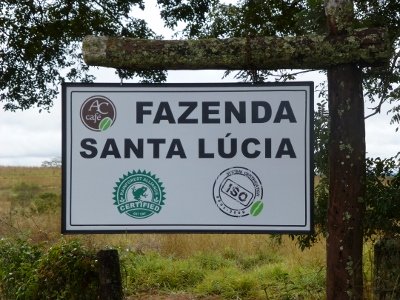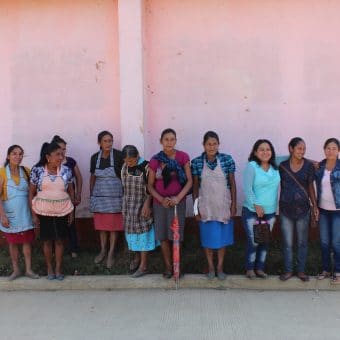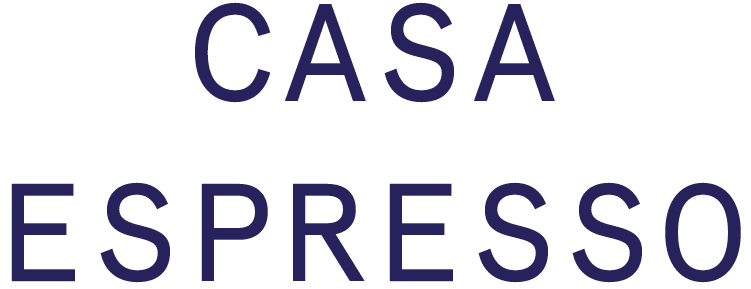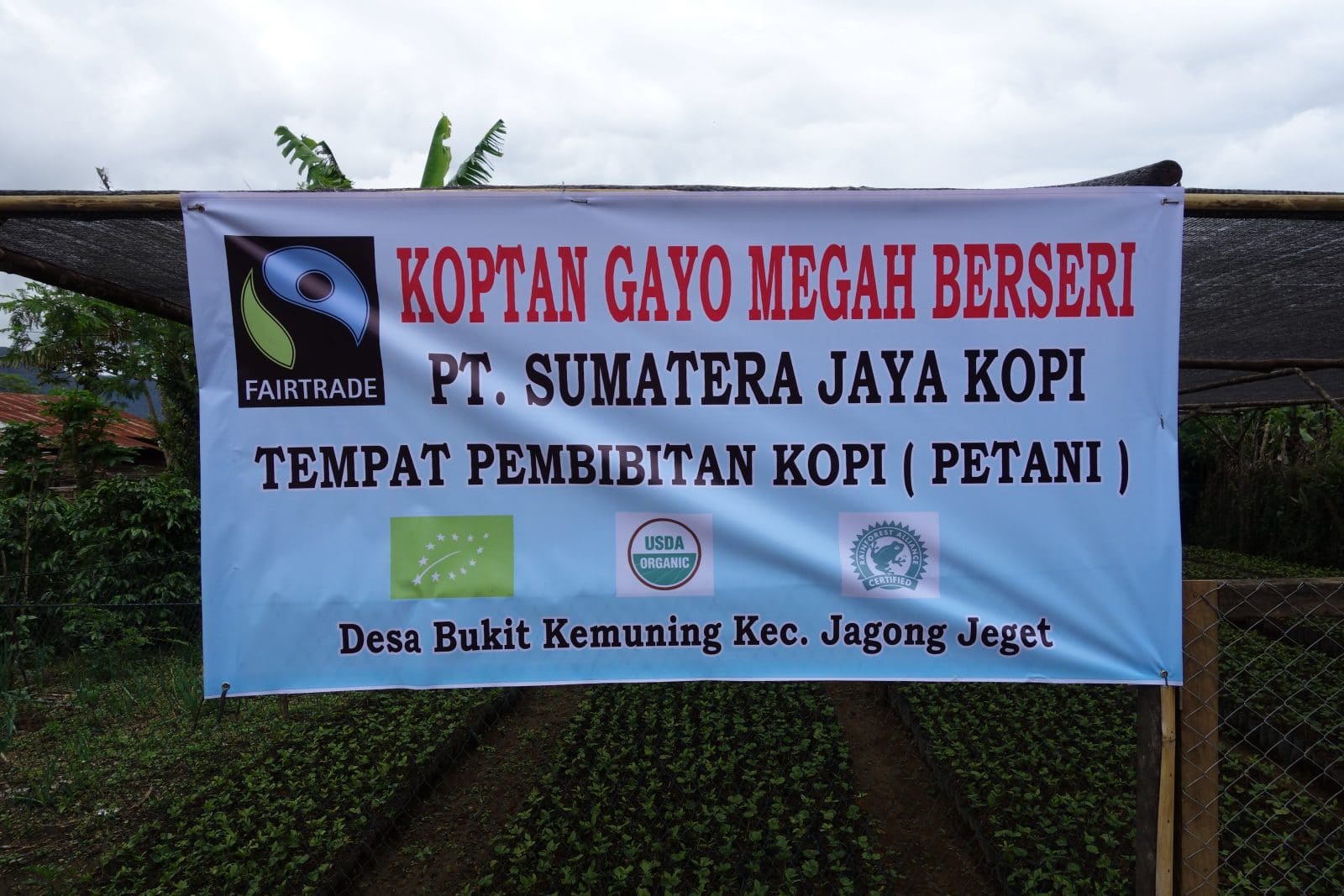News
Is Our Coffee Fairtrade?
Trading Fair
We often get asked if our coffee is Fairtrade certified. Here’s a little info about Fairtrade and our coffee sourcing… In 1988 things were not looking great for coffee. Coffee production far outweighed its demand causing the price of coffee to fall significantly, meaning farmers were left between a rock and a hard place.
Fairtrade stepped in to help address the situation. It created a label of certification, to give farmers a way to guarantee a better, fairer price for their coffee, above the market price. Fairtrade has grown to be a massive player in the coffee industry and is probably the most recognised certification in coffee not to mention other foodstuffs. As time has gone on though, is Fairtrade a little outdated?

Direct trade coffee has gained lots of momentum in recent years. Direct trade coffee is essentially coffee traded from producer to roaster without intermediaries. This allows the roaster to pay higher prices for coffee, without the money getting ‘lost’ down the chain. However direct trade is much more than that.
It is based upon sustainability, allowing farmers to produce high-quality coffee and trade it for prices that allow for living wages, better living standards, equality and lots of other positive improvements, whereas Fairtrade pays only a marginally higher price than market price for commodity coffee.

The price is based on the overall quality of the coffee. The Speciality Coffee Association (SCA) have a substantial and thorough scoring system to allow quality coffees to be scored. Higher scoring coffees fetch high prices at market, meaning that the more effort that goes into producing quality turns into higher prices for the farmer. Some countries even have ‘cup of excellence’ competitions, where the highest scoring coffees can fetch extremely high prices. Small, independent green (raw, unroasted) coffee importers help to support the future of coffee farms and cooperatives, sometimes with big investments such as wet mills for processing coffee cherries; other times it can be small things like teaching the pickers to pick only the ripest fruit for processing.
Buying coffee this way allows us to create traceability, showcasing the coffee, the producer and the potential of both quality and sustainability of coffee without the need for expensive certification that can often be too much for farmers to afford.
To summarise, Fairtrade has its place in the coffee industry but it is direct trade coffee that is making coffee sustainable and it is the way we choose to source our coffee.



